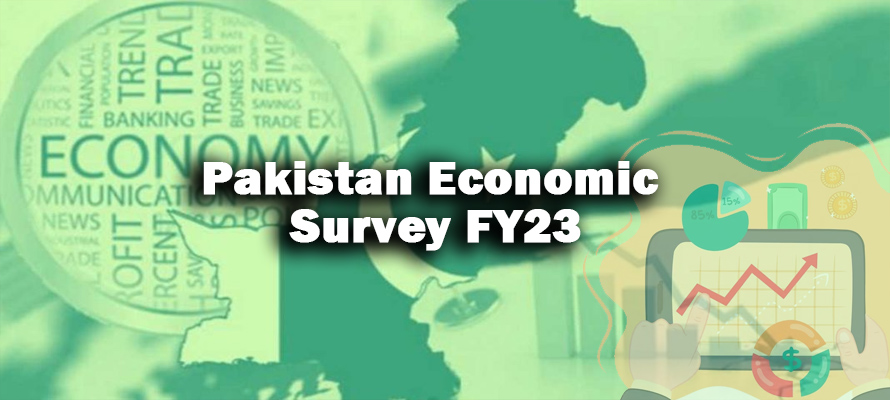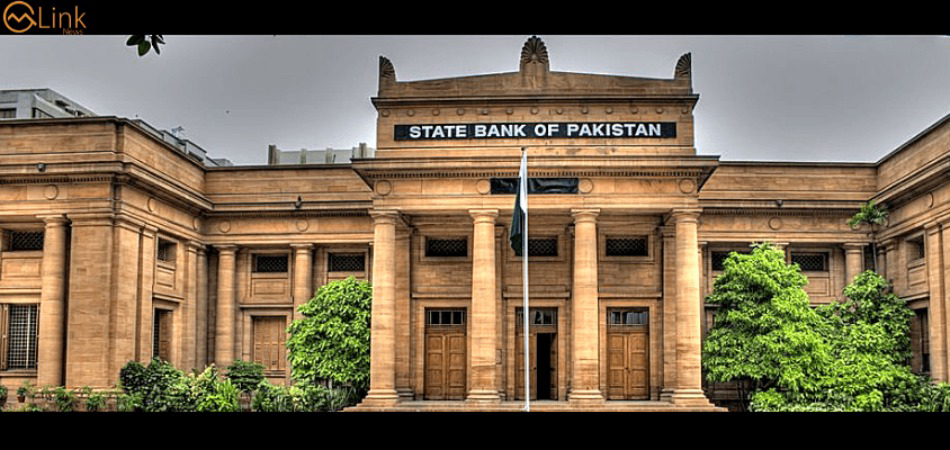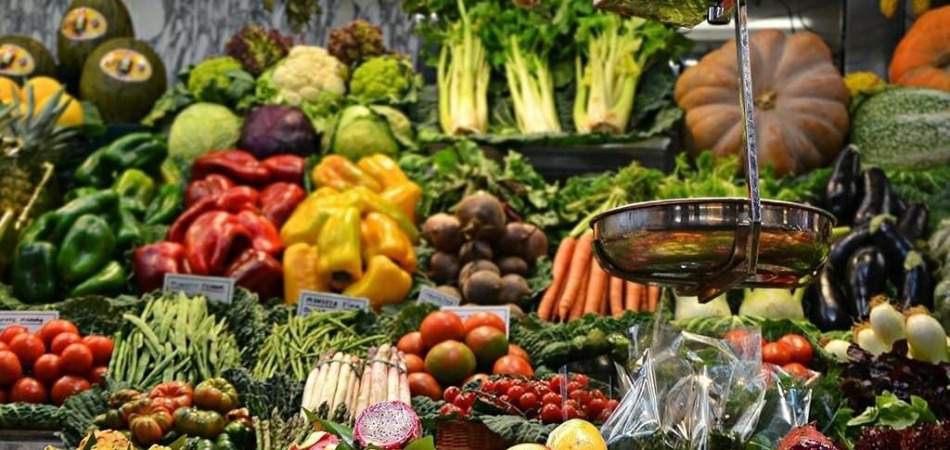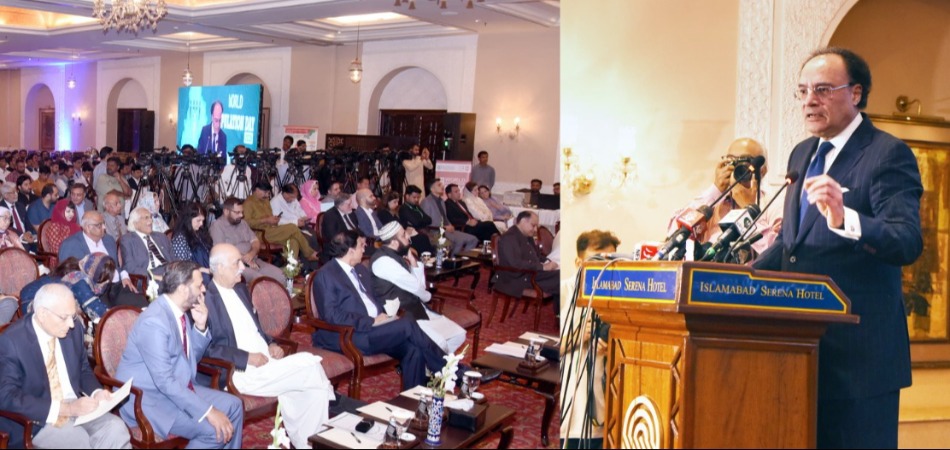Ishaq Dar unveils Pakistan Economic Survey

MG News | June 08, 2023 at 04:28 PM GMT+05:00
June 08, 2022 (MLN): Federal Minister for Finance and Revenue Senator Ishaq Dar on Thursday unveiled the Economic Survey of Pakistan 2022-23, stating that Pakistan’s economy grew at the rate of only 0.29% in FY23 against the target of 5% in the outgoing fiscal year.
"We inherited 6.10% of GDP growth in FY2022 which was not sustainable due to severe macroeconomic imbalances," he said.
The overheated economy led to a widened current account and fiscal deficits and brought the economy to the brink of financial collapse, he added.
He also highlighted the following indicators which depict the inherited economic situation:
- Fiscal Deficit increased from 5.8% (FY2018) to 7.9% of GDP
- Trade deficit worsened to $ 39.1 bn from $ 30.9 bn in FY2018
- CAD was recorded at 4.7% of GDP ($ 17.5 bn)
- Foreign Direct Investment declined to the level of $ 1.9 bn from $ 2.8 bn
- FBR Revenue (% of GDP) decreased from 9.8% (FY2018) to 9.2%
- The policy rate increased from 6.50% (FY2018) to 13.75%
- Circular debt increased from Rs 1,148 bn to Rs 2,467 bn
- Public Debt increased from 63.7% to 73.9% of GDP
- Total public debt increased from Rs 25 trillion in June 2018 to Rs 49.2 trillion (June 2022, 97% increase)
- Total Debt & Liabilities during the PTI tenure increased from Rs 29.9 trillion in FY2018 to Rs 59.8 trillion (Increased by almost 100%)
"PTI, before leaving the government, breached the agreement with IMF and took measures opposite to the commitments under the program," he noted.
This badly hurt the image of Pakistan and resulted in a huge credibility gap with the multilateral and bilateral partners.
pertaining to the global economy, he stated that Global GDP growth dropped more than 50% since 2021.
It decelerated from 6.2% in 2021 to 2.8% in 2023. • Global inflation significantly increased from 4.7% in 2021 to 8.7% in 2022 and is now projected to decline to 7.0% in 2023, still, it is on the higher side.
Meanwhile, global trade reduced more than 5 times since 2021. Its growth is projected to reduce from 9.4% in 2021 to 1.7% in 2023.
This global slowdown has impacted Pakistan’s economy in the outgoing fiscal year in terms of low growth, high inflation, and a decline in exports, FDI, and remittances, he added.
In addition to PTI’s disastrous economic mismanagement and global economic situation, the challenge for the present government to revive the economy was made difficult by the unforeseen natural disaster in the shape of the 2022 floods, he highlighted.
The flooding has wreaked havoc on the economy. The damage is estimated at Rs3.2 trillion ($14.9 billion), loss to the GDP at Rs3.3tr ($15.2 billion), and the need for rehabilitation of damages at Rs3.5tr ($16.3 billion).
To avert the crisis, the present government has taken the following important and tough decisions:
- Revival of the IMF program
- Introduction of austerity measures, cuts on non-development spending, and withdrawal of the untargeted subsidies
- Successfully securing financial support from friendly countries through bilateral and multilateral arrangements
- A complete ban on the import of non-essential luxury items
- Tightening monetary policy and fiscal consolidation measures to anchor inflation and external sector stability
- Administrative measures to control the illegal outflow of foreign exchange reserves
- Higher taxes and duties on the rich. • Controlling the decline in Forex Reserves
- Pakistan would have already defaulted if the pace of decline ($6400 mn as of the 3rd quarter of FY2022) had continued
- The present government has paid $ 6.5 bn of international commercial loans, out of which, $ 1.0 bn was international Sukuk
- Managing the circular debt in the power and gas sector
- Massively expanding social safety net for the poorest of the poor (BISP)
- To promote internal Islamic financing, the government introduced 3-year and 1-year Ijara Sukuk instruments in January and February 2023 respectively. The target is to diversify Shariah Compliant instruments based, giving more options to investors with an appetite for Islamic investments.
- Approval of the Foreign Investment (Promotion and Protection) Bill, 2022
- Starting barter trade with Iran, Afghanistan and Russia
As a result of the aforementioned measures, the current account deficit narrowed down by 76% and the fiscal deficit shrank to 4.6% of GDP in Jul-Apr, FY2023 as compared to 4.9% of GDP in the same period last year.
In FY2024, the government is gearing towards achieving higher growth of 3.5% through various measures like the Kissan package, industrial support, export promotion, encouragement of IT sector, and revenue mobilization, etc.
The government has allocated Rs1.15tr for the development of the next fiscal year. The PSDP funding is focused on projects which support the 5Es Framework (i.e., Exports, Equity, Empowerment, Environment and Energy), CPEC and 4RF (i.e., Resilient, Recovery, Rehabilitation and Reconstruction Framework) in the aftermath of the disastrous flood 2022.
Many interventions are also planned for the next fiscal year to boost productivity, innovations, food & water security, and enhance social & physical assets to address SDGs.
The government is also focusing on creating a holistic digital ecosystem with infrastructure and institutional frameworks for the rapid delivery of innovative digital services and to encourage the private sector to participate in enhancing IT exports.
Various measures are also being taken to expand exports by introducing National Productivity Master Plan to enhance productivity, signing trade agreements with neighboring countries, and by launching Trade Readiness Programs etc.
To ensure the availability of affordable energy the government has set the target to enhance the share of Green Energy to 20% in 2025 and 30% in 2030. \
The government is stressing Energy Efficiency & Conservation and is estimated to save primary energy up to 10 to 15 %.
Copyright Mettis Link News
Related News
| Name | Price/Vol | %Chg/NChg |
|---|---|---|
| KSE100 | 134,299.77 290.06M |
0.39% 517.42 |
| ALLSHR | 84,018.16 764.12M |
0.48% 402.35 |
| KSE30 | 40,814.29 132.59M |
0.33% 132.52 |
| KMI30 | 192,589.16 116.24M |
0.49% 948.28 |
| KMIALLSHR | 56,072.25 387.69M |
0.32% 180.74 |
| BKTi | 36,971.75 19.46M |
-0.05% -16.94 |
| OGTi | 28,240.28 6.19M |
0.21% 58.78 |
| Symbol | Bid/Ask | High/Low |
|---|
| Name | Last | High/Low | Chg/%Chg |
|---|---|---|---|
| BITCOIN FUTURES | 118,140.00 | 119,450.00 115,635.00 |
4270.00 3.75% |
| BRENT CRUDE | 70.63 | 70.71 68.55 |
1.99 2.90% |
| RICHARDS BAY COAL MONTHLY | 97.50 | 0.00 0.00 |
1.10 1.14% |
| ROTTERDAM COAL MONTHLY | 108.75 | 108.75 108.75 |
0.40 0.37% |
| USD RBD PALM OLEIN | 998.50 | 998.50 998.50 |
0.00 0.00% |
| CRUDE OIL - WTI | 68.75 | 68.77 66.50 |
2.18 3.27% |
| SUGAR #11 WORLD | 16.56 | 16.60 16.20 |
0.30 1.85% |
Chart of the Day
Latest News
Top 5 things to watch in this week
Pakistan Stock Movers
| Name | Last | Chg/%Chg |
|---|
| Name | Last | Chg/%Chg |
|---|




 MTB Auction
MTB Auction